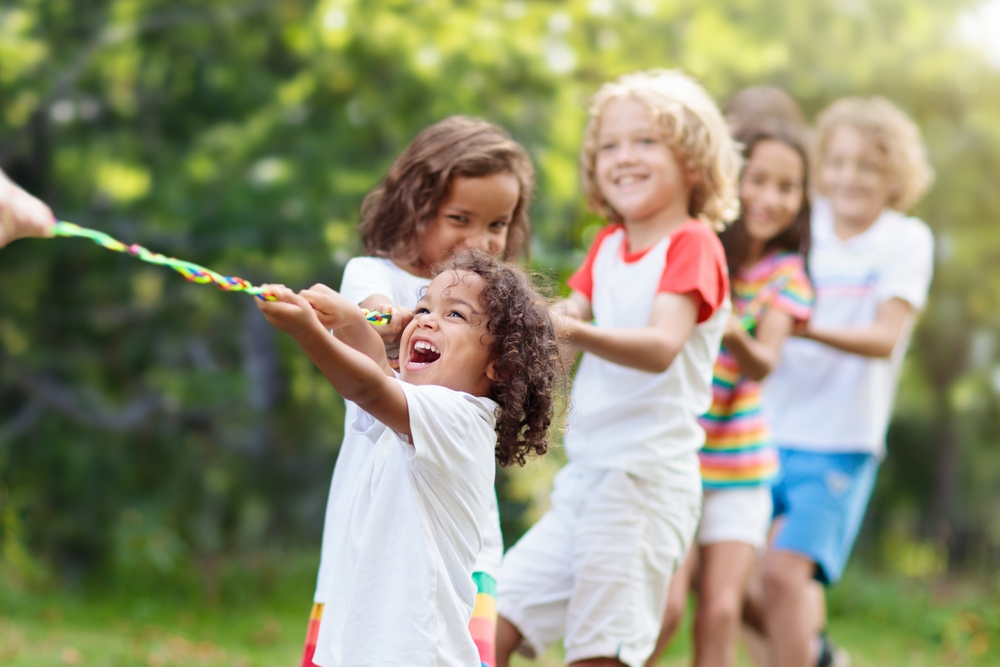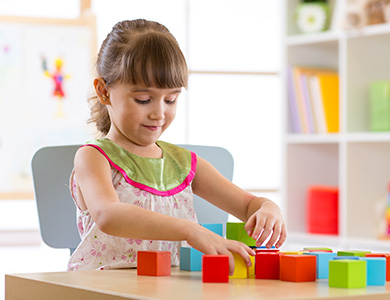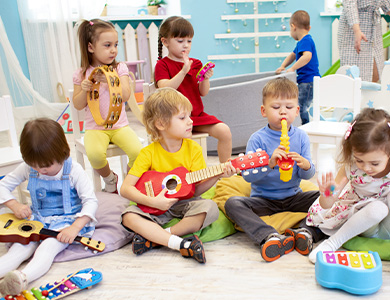
Child development is a fascinating and intricate process that involves a myriad of factors. It encompasses physical, cognitive, emotional, and social growth, all of which play a pivotal role in shaping a child's overall wellbeing. As a parent or educator, understanding the intricate aspects of child development is crucial in creating an environment conducive to a child's growth.
Child development is not just about reaching milestones, it's about the journey. The experiences, interactions, and the environment in which a child grows immensely influences their development. This is where the concept of social learning comes into play, a theory that emphasizes the importance of observation and imitation in the learning process.
Understanding Social Learning
Social learning suggests that we learn from one another, via observation, imitation, and modeling. It emphasizes that children learn behaviors, attitudes, and skills primarily through observation of others within their social circle, which includes family, friends, teachers, and media.
At its core, social learning bridges the gap between cognitive learning theories and behavioral learning theories. It recognizes the importance of thought processes (cognitive theories) and reinforcements (behavioral theories) in the learning process. It posits that learning is a cognitive process that takes place in a social context and can occur purely through observation or direct instruction.
Social learning theory suggests that children learn by watching and imitating the people around them. They observe the actions, behaviors, and consequences faced by others in different situations, and then model their behavior accordingly. Importantly, this theory underscores the impact social interactions and experiences have on a child's development.
The Role of Social Learning in Child Development
Social learning plays a significant role in child development, particularly in the development of social skills, cognitive skills, and emotional intelligence. Children learn how to interact with others, express their emotions, solve problems, and make decisions through observation and imitation of the behaviors of those around them.
When children observe the people around them, they not only learn about different behaviors and consequences but also about societal norms, values, and expectations. This helps them understand their social environment better, enabling them to navigate it more effectively. It also aids in developing their sense of self and identity.
Additionally, social learning also contributes to cognitive development. By observing others, children learn problem-solving techniques, decision-making strategies, and critical thinking skills. They also learn how to adapt their behavior according to different situations, a key aspect of cognitive flexibility.
The Importance of Social Learning in Child Development
The importance of social learning in child development cannot be overstated. It is through social learning that children acquire essential life skills such as empathy, cooperation, and conflict resolution. These skills help children build healthy relationships, work in teams, and manage conflicts effectively, skills that are invaluable in their personal and professional lives.
Social learning also contributes to a child's emotional development. It helps children understand their own emotions and the emotions of others. This understanding is crucial in developing emotional intelligence, a key factor in achieving personal and professional success.
Additionally, social learning also promotes academic achievement. Children who actively engage in social learning tend to perform better academically. They are more likely to develop strong reading and writing skills, excel in mathematics, and exhibit a higher level of creativity and critical thinking.
Ensure Social Learning in Your Child’s Development Today
Social learning is a powerful tool that shapes child development in profound ways. As parents, educators, and policymakers, we must leverage this tool to ensure that our children grow into well-rounded individuals capable of navigating the complexities of our ever-changing world.
To incorporate social learning in your child’s development, visit Scalliwags Child Care at our office in Wellesley or Needham, Massachusetts. We are committed to offering an exemplary childcare experience to each child. Call (781) 328-1616 to enroll your child or learn more about our services.








